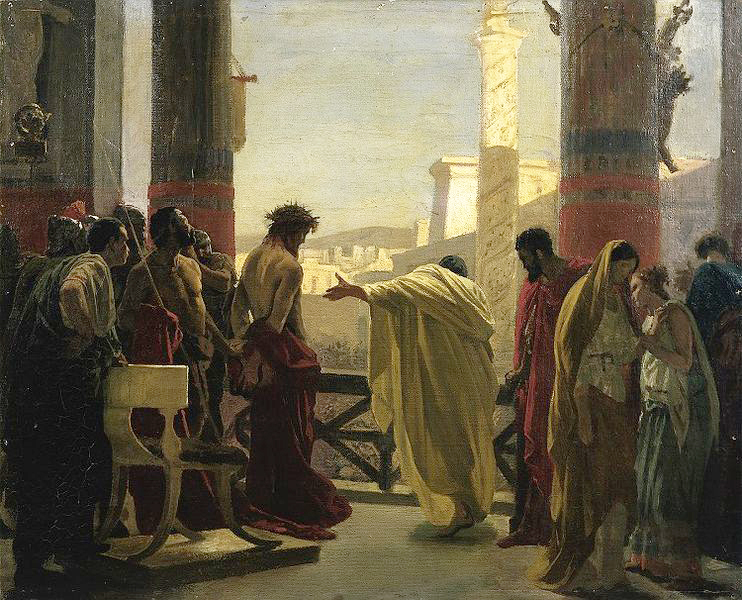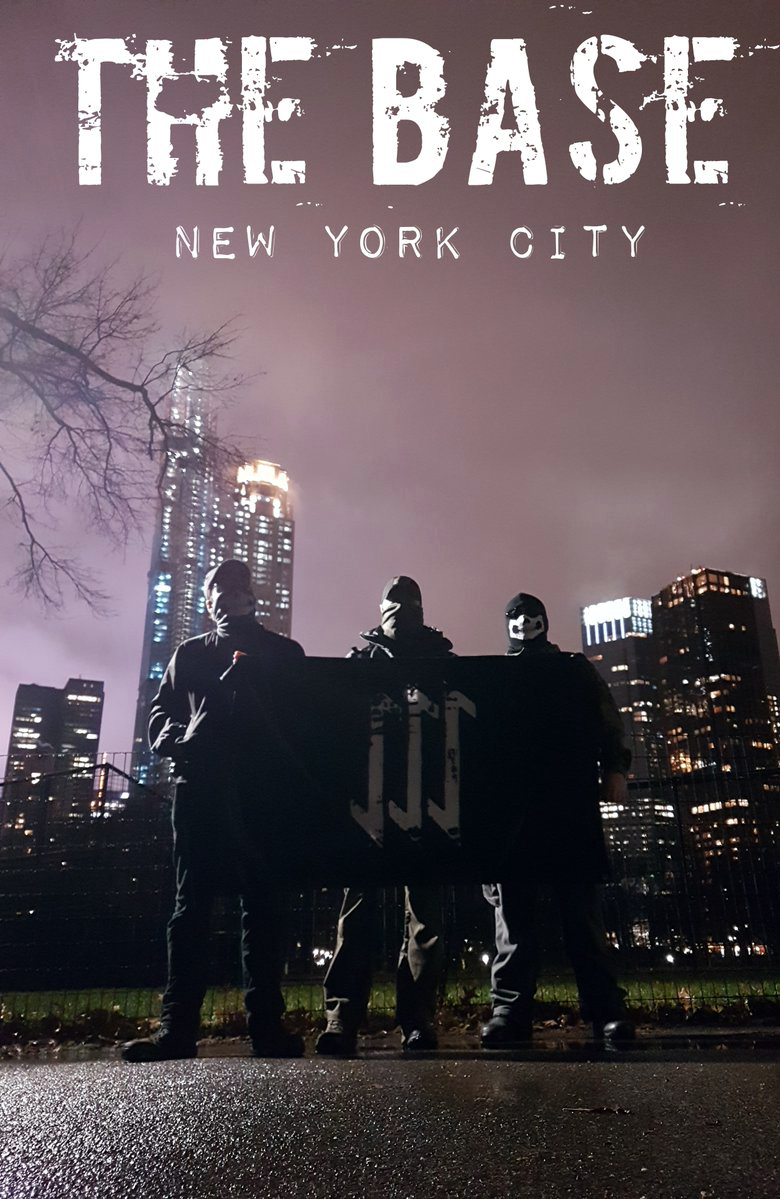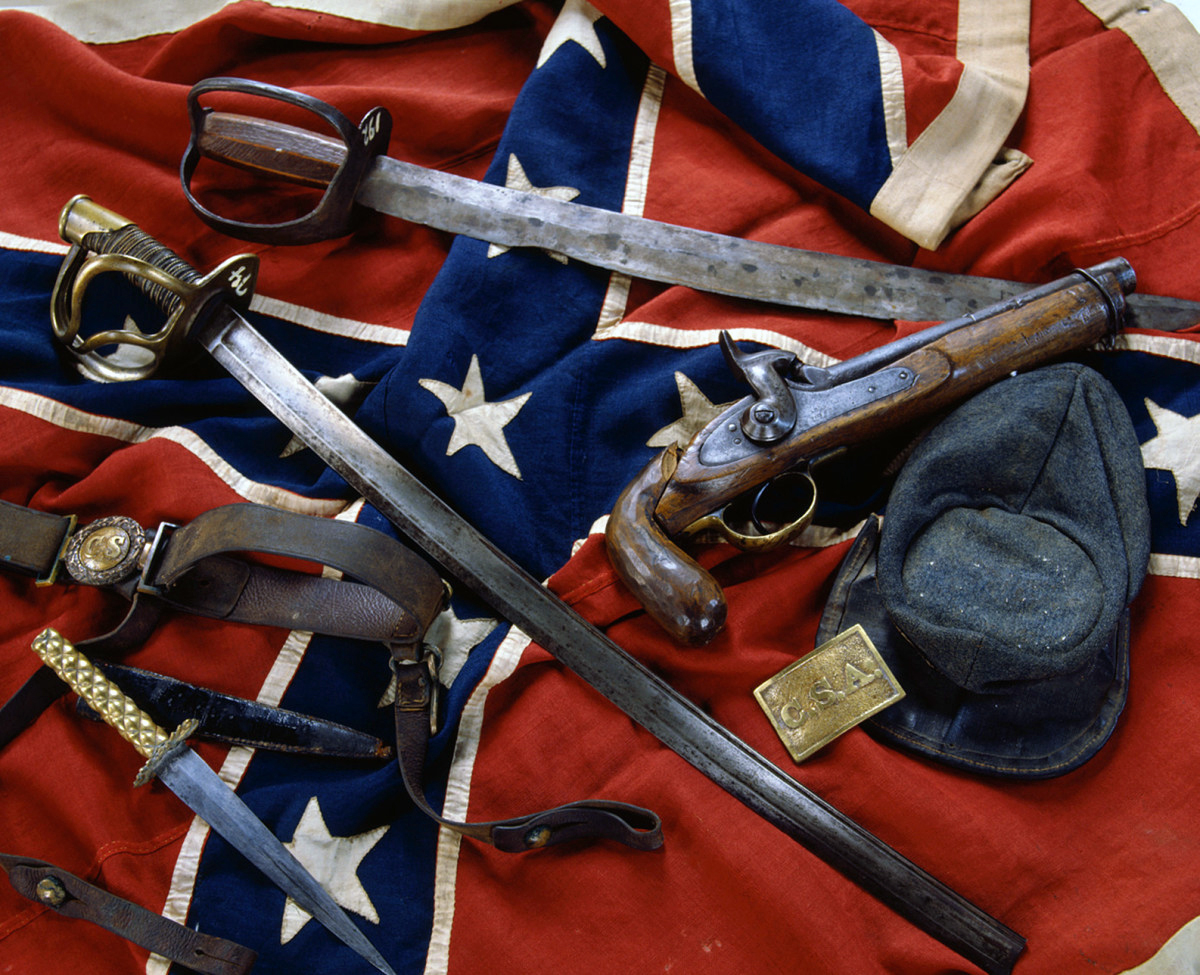To contextualise this series about psychiatry, see: here. Below, an abridged translation of a chapter of one of the books that I wrote in the last century:
Many psychiatric survivors have written manuscripts about their experiences but are rarely successful in getting their books published.
—Al Siebert [1]
Being silent is itself an indication of how we have been oppressed and ignored. The forces that keep us silent and invisible are most vulnerable to our speaking out.
—Harvey Jackins [2]
It is biography, and especially autobiography, the royal road to the conscious and unconscious, that continent barely explored; not Freud’s system. But to be fair with Freud, and very independently that as a physician of the soul he had been soulless, I must recognise that the man made a couple of good points.
In the Epistle for instance, I used a Freudian concept, the idea of abba(dad-God) in Jesus. Moreover, Freud introduced the fascinating notion of the unconscious and perceived that dreams meant something. (This doesn’t mean that his libidinous interpretation was accurate.) In this very indictment of psychiatry, although not directly, I based my ideas on a Freudian concept. According to John Modrow, the Sullivan-Modrow model of panic leading to a psychotic breakdown was based on Freud’s principle of self-delusion.
I confess I have scarcely read Freud. However, in my opinion (and Modrow’s) his fundamental discovery was that ordinary people continually distort reality in order to boost their self-esteem. This self-delusion is completely involuntary and inevitable. The objective is always to boost the self-esteem or self-image that an individual has of himself. According to Modrow, from this principle Harry Sullivan deduces that the most dangerous thing for mental health is an assault to the self-image. I call this an ‘assault to the Self’, and from Freud’s principle of self-delusion I would deduce that after our ‘I’ is assaulted, all sort of delusions crop up as defense mechanisms, such as religious and ideological delusions (psychoanalysis included!).
I recognise these lights inspired by Freud. But Freud also created a lucrative profession on the basis of human suffering, and that is precisely a fraud based on self-delusion.
Sándor Ferenczi, one of his closest disciples—so close to Freud that in 1909 Ferenczi, Freud and Jung vacationed together to America—, became aware of the fraud. I will only quote three lines of an intimate diary that Ferenczi wrote, a diary he devoted to the serious doubts he had about psychoanalysis. In a private conversation of Ferenczi with Freud, the latter:
said that patients are only riffraff [Die Patienten sind ein Gesindel]. The only thing patients were good for is to help the analyst make a living and to provide material for theory. It is clear we cannot help them. [3]
By some cruelty of fate Ferenczi died at fifty-nine (a little earlier for his diary reflections to crystallize to be published), disillusioned by a dispute with Freud and his colleagues about the veracity of incest in the lives of his female patients (Freud, who sided the Vienna establishment, always denied that actual incest took place).
According to Jeffrey Masson, Jung’s dissidence was not a threat to the fundamentals of psychoanalysis. But Ferenczi’s was.[4] Jung merely exchanged Freud’s pan-sexual meta-narrative by his own mystic-religious one but Jungian analysis, as the Freudian, claim to help people understand themselves and enlighten them with their problems. Ferenczi, on the other hand, knew that these problems could not be solved with so-called psychoanalysis. Freud also knew it (‘It is clear we cannot help them’), and could have confessed it to the world.
He didn’t: that could have aborted the birth of a lucrative profession.
Besides the moral limitations of the founder, this side of psychoanalysis must be exposed. Tom Szasz’s view is that both psychiatry and psychoanalysis are a kind of Machiavellian rhetoric; I would say, the rhetoric of blaming the victim. An inquisitorial pseudoscience, psychiatry, blames the body of the victim. Psychoanalysis, a system of inspired invectives (Szasz’s words), blames the mind. These pseudosciences are two sides of the same coin. They sprang from the same sources, but Freud had great intellectual powers and immense literary gifts. However, he had little heart toward human suffering, as we saw in a previous chapter.
Psychotherapists, far from helping those who suffer, make a profit on the basis of that suffering. There are more than two hundred schools of psychotherapy in the United States and fifteen million Americans that consult psychotherapists. The fee for a fifty-minute consultation with an “analyst” is something above the hundred dollars. Psychotherapy is a multibillion-dollar business, and its popularity continues in Spain, Italy and Latin America.
Freud was the father of the mystification to see the problems of those who asked for help as ‘neurosis’. Actually they are familiar, economic, social and political problems. Psychotherapists have invented a whole Newspeak. They redefine these problems as ‘mental problems’ of ‘patients’, otherwise they could not justify their profession and income. The ultimate truth is that anyone who claims to sell psychic solutions to environmental problems has entered, consciously or not, the reign of fraud. Unless someone sponsors economically a person suffering from tribulations, very few will be capable of helping him. But no therapist sponsors his clients: in that profession money flows one-way only.
It is worth saying that, since a quack is the one who earns money pretending to be a physician, the writer Vladimir Nabokov used to call Freud ‘the Vienna quack’. I would add that Freud’s legacy has some analogy to Marx’s. Both proposed totalizing meta-narratives that bamboozled a good part of the Western intelligentsia: one about political economy, the other about the politics of the psyche. Now, after the fall of the Berlin Wall, Marxism agonizes but psychoanalysis lives. It is my hope that the 21st century witnesses more critics of analysis. Although I recognise the few lights Freud showed us—Marx showed us a few lights too—, the quackery of his legacy must be exposed. Freud’s epigones are a parasitic class of which civil society must free itself from.
Scholarly quackery
That not only psychoanalysts but biological psychiatrists behave as quacks can be seen in the case of one of the most influential psychiatric geneticists in our times. David Rosenthal edited The Genain quadruplets, a book about four women, identical twins, and family dynamics.
The father of the Genain family was an alcoholic that beat his wife and daughters, whom he restricted contact with the outside world. According to his wife, he was ‘always so angry and hateful’ and once he threatened to murder her when she wanted to leave home. The father played sexually with one of his daughters, but when he realised that the teenagers masturbated he send them to an unscrupulous surgeon who mutilated their genitals. The mother abused the girls too. On one occasion she banged two of the girls’ heads together to stop them crying. When the husband wanted to prevent the masturbation, she participated in the use of acid in her genitals. This occurred before she approved the initiative to mutilate them.
The four daughters got mad.
The Genain quadruplets is a treatise for biological psychiatrists, saturated with scholarly references of genetic studies. One could expect that, confronted with such a story, the contributing authors exposed the case as proof that some parents drive their offspring mad.
They did the opposite. Rosenthal believes his data is proof of a genetic aetiology of the madness of the daughters. The book is a study about hereditary and environmental factors in the family, but Rosenthal, an apologist of the medical model of mental disorders, stresses the hereditary factor. Genes turned out to be responsible for the ‘schizophrenia’ of these poor women. The very name ‘Genain’ is a pseudonym invented by Rosenthal, deriving it from the Greek words ‘dire birth’ or ‘dreadful gene’.
The psychiatrist Peter Breggin, author of a dozen books critical of his profession, read The Genain quadruplets and discovered that throughout the book, hidden in the irrelevant scholastic material, information existed about the happenings in the family:
The book presents one of the most tragic chronicles of child abuse recorded anywhere. Yet at no time is the abuse discussed as such. In no place in the book is it summarized. The data is strewn throughout the six hundred pages in the reports of the various professionals. Much of it is contained in the footnotes. The synopsis I have provided was put together from these observations. [5]
Breggin concludes that the omission to talk plainly about what really happened in that family constitutes intellectual complicity with the parents.
If one of the most renowned psychiatric geneticists ignores this level of abuse and inverts the information, blaming the genes of the victims, it is not surprising that ordinary psychiatrists ignore the anguished testimony of their patients in relatively lesser cases of abuse.
In the 1980s an American series of scientific programs was televised under the title The Brain. One of the programs approached the subject of madness. It did not pass the microphone to any professional of the trauma model of mental disorders. But the program passed the mic to two biological psychiatrists who have devoted their professional lives to “demonstrate” the biomedical foundation of madness. Let’s listen to Daniel Weinberger:
At the turn of the [20th] century, every neuroscientist that was interested in schizophrenia was convinced[emphasis in Weinberger’s voice] that this is a brain disorder. There was no skepticism about that. It was only as that sort of stagnate [that] people really couldn’t make much of the findings they had through the 19th century that people begin to raise this notion of psychogenesis that somehow either bad mothering causes schizophrenia, or that bad neighborhoods [a strawman: the trauma model doesn’t claim that] causes schizophrenia, or drugs [same strawman] or some peculiar school experience [same strawman] or some major psychic trauma of some kind—for which there’s absolutely no scientific evidence, whatsoever! [great emphasis in Weinberger’s voice with a parallel movement of his hand on the table].[6]
In the same program Fuller Torrey, after talking at length about the Vienna quack Freud and his disciples, stated:
What the psychoanalysts said about schizophrenia is that it is caused by early childhood experiences. [False: analysts make no such a claim.] There is no evidence whatsoever for this! And in fact all of the research evidence today is diametrically opposed; it is exactly on the opposite side.[7] [Note of 2019: In fact, it’s the bio shrinks who lack scientific evidence. See: here.]
At the moment of the filming the program, Weinberger was a young professional who spoke with charisma. How could his emotional voice have impacted the millions of TV viewers (The Brain was televised in several countries)?
In the same program the case was presented of a very disturbed adolescent who spoke before the cameras and stated that his problem was originated in the rape during his Kindergarten years. But just as Rosenthal did in his treatise of the Genain girls, Weinberger and Torrey did not pay attention to his anguished testimony.
Like many other renowned psychiatrists, Weinberger and Torrey publish scholarly quack papers in the American Journal of Psychiatry. What is scholarly quackery? Let’s taste a flavour of it: ‘Evidence of dysfunction of a prefrontal-limbic network in schizophrenia. A magnetic resonance imaging and regional cerebral blood flows study of discordant monozygotic twins’.[8]
The journal that Breggin publishes has rebutted this and other quack, though scholarly, papers by Weinberger and Torrey. But as Colin Ross revealed to me when I visited him in Dallas, the psychiatric community kept silence about his book Pseudoscience in biological psychiatry, which also includes rebuttals. [9]
__________
[1] Flier published by the Kenneth Donaldson Archives for the Autobiographies of Psychiatric Survivors, Al Siebert, executive director.
[2] Harvey Jackins, What is wrong with the ‘mental health’ system and what can be done about it: a draft policy prepared for the Re-evaluation Counseling Communities(Rational Island Publishers, 1991), p. 21.
[3] Against therapy(op. cit.), p. 129.
[4] The revelations of Ferenczi’s diary and Masson’s observations appear in a whole chapter of Against therapy.
[5] Toxic psychiatry (op. cit.), p. 106.
[6] The brain, episode 7, ‘Madness’ (1984).
[7] Ibid.
[8] D.R. Weinberger, K.F. Berman, R. Suddath and E.F. Torrey in American Journal of Psychiatry, 1992, 149, pp. 890-97.
[9] Pseudoscience in biological psychiatry(op. cit.), pp. 56, 60 & 174f.
______ 卐 ______
Liked it? Take a second to support this site.









